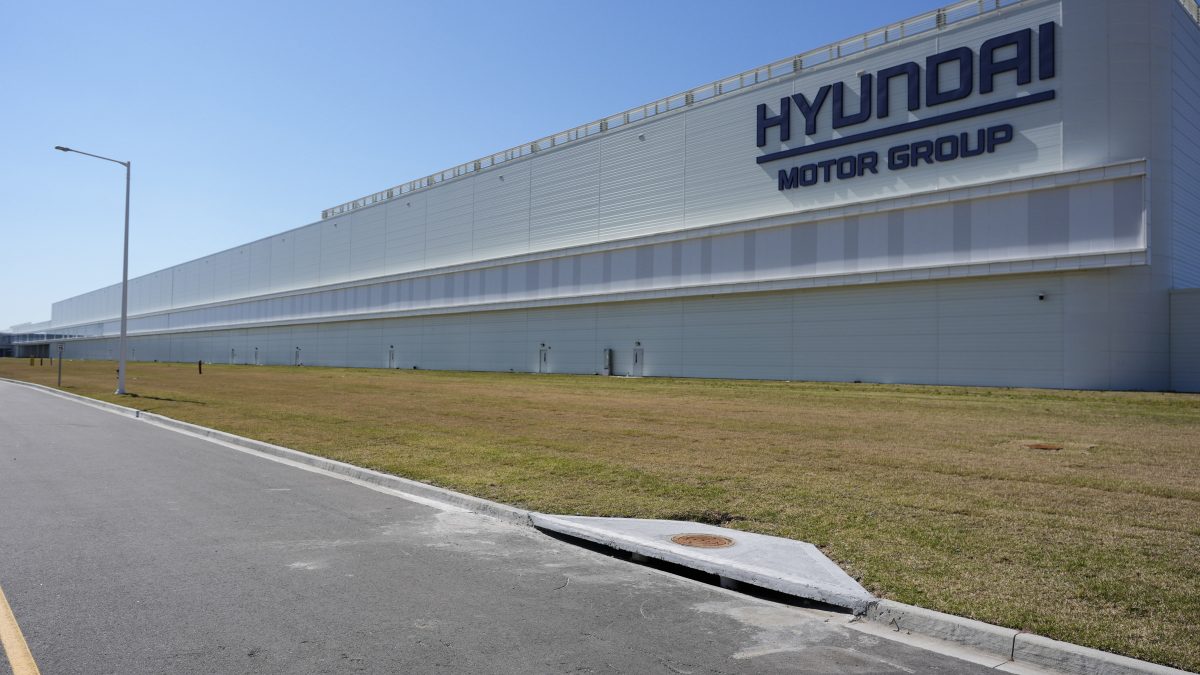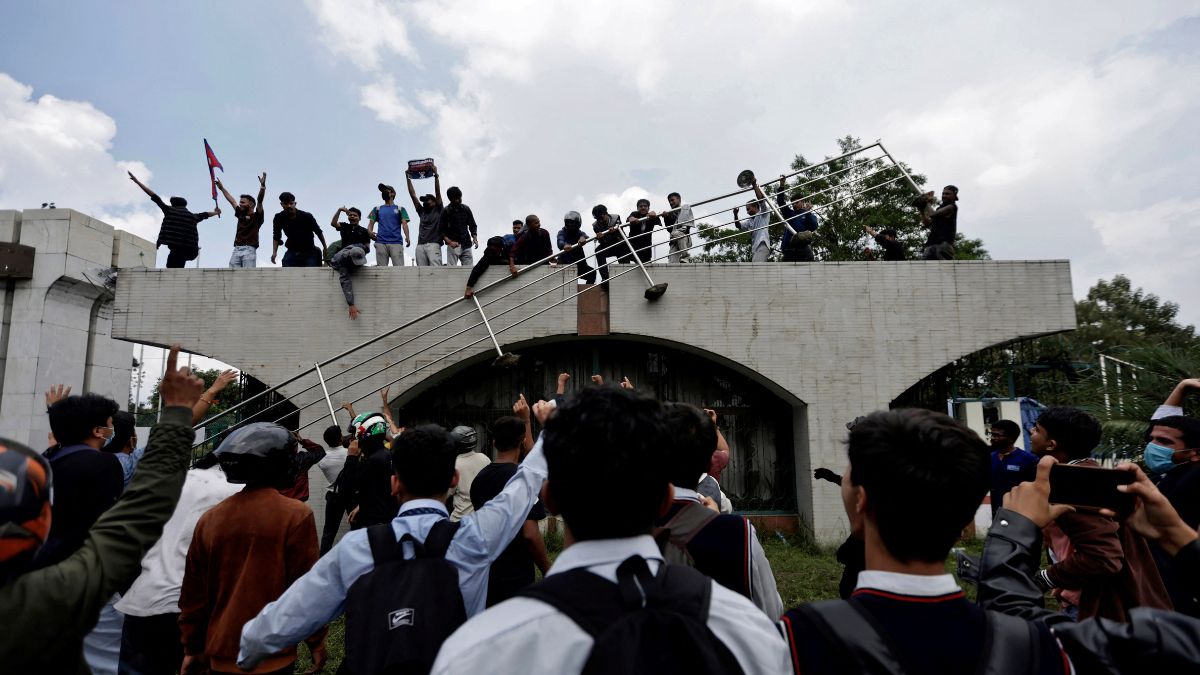Multinational companies with foreign employees in the US are seeking legal counsel and halting some travel after federal agents arrested 475 South Korean workers last week at a Hyundai-LG Energy Solution electric vehicle battery plant in Ellabell, Georgia.
The arrests, carried out by US Immigration and Customs Enforcement (ICE), mark a new phase in the White House’s crackdown on illegal immigration. ICE said the individuals were “fraudulently using visitors’ visas,” and released video showing detainees shackled at the ankles, wrists, and waist outside the site—part of a manufacturing push from the Trump administration.
“Clients are flooding our inboxes asking if they too have exposure,” Matthew Dunn, head of business immigration for the US at the law firm HSF Kramer, told Financial Times.
“They ask if corporate headquarters should be concerned, they ask if their US managers are at risk, and they wonder if their foreign national population here on work-sponsored visas will be targeted by [the] government.”
Visa ambiguity fuels industry anxiety
Other immigration lawyers noted that many of the workers likely entered the US on B-1 visas, typically used for short-term business visits, or via a visa waiver program. These visas have long occupied a grey area when it comes to on-site work.
“It may be an aggressive use of the B-1 category for business meetings, or it could be an over-reach by ICE, and they may have taken a more restrictive view of what’s allowed as a business visitor than what’s in the regulations,” said Dan Maranci, a partner at WR Immigration.
Impact Shorts
More ShortsCharles Kuck, founding partner of Kuck Baxter, said he is representing some of the detainees. “I have two other corporate clients that called me on Saturday, these are foreign investors with large facilities in the United States, asking how they should prepare for ICE to show up with their plant.”
International response
Tami Overby, an international trade consultant with DGA Group, told FT, said, “When this happened, it was so unexpected and so shocking to see hundreds of Korean workers looking like criminals. Those videos and those photos have played not just in Korea but in Japan, in Taiwan, in other trading partners of the US who also have large investment going on in the US.”
President Donald Trump’s border tsar, Tom Homan, told CNN, “There would be a lot more worksite enforcement operations,” arguing that illegal hires depress American wages.
Homeland Security Secretary Kristi Noem, speaking from London, said the raid should reassure businesses: “This is a great opportunity for us to make sure that all companies are reassured that when you come to the United States, you’ll know what the rules of the game are.”
Meanwhile, concerns persist across key industries, including chipmaking and battery production. One Taiwanese executive commented, “Maybe Trump did it for some political reason, to send a message to the South Korean government. The US government has become very different and unpredictable now.”


)

)
)
)
)
)
)
)
)



